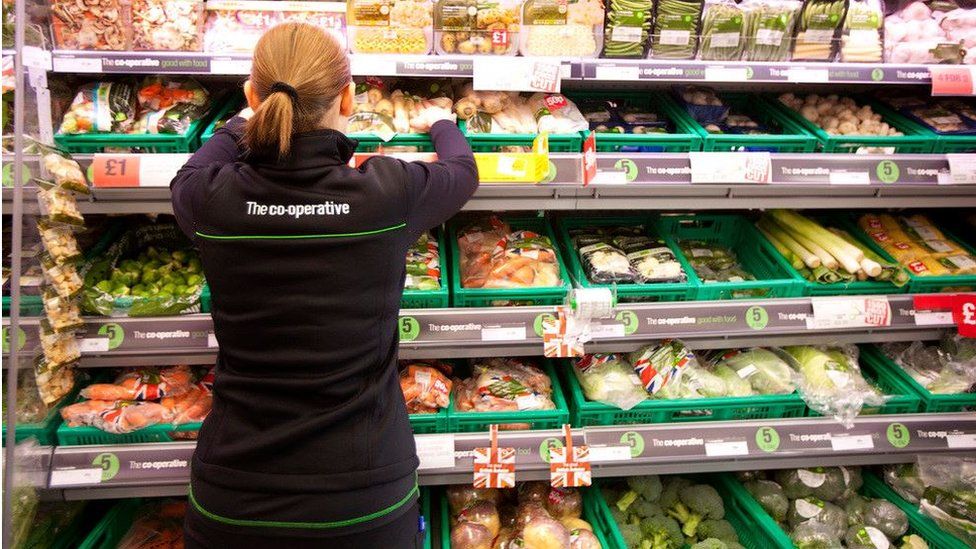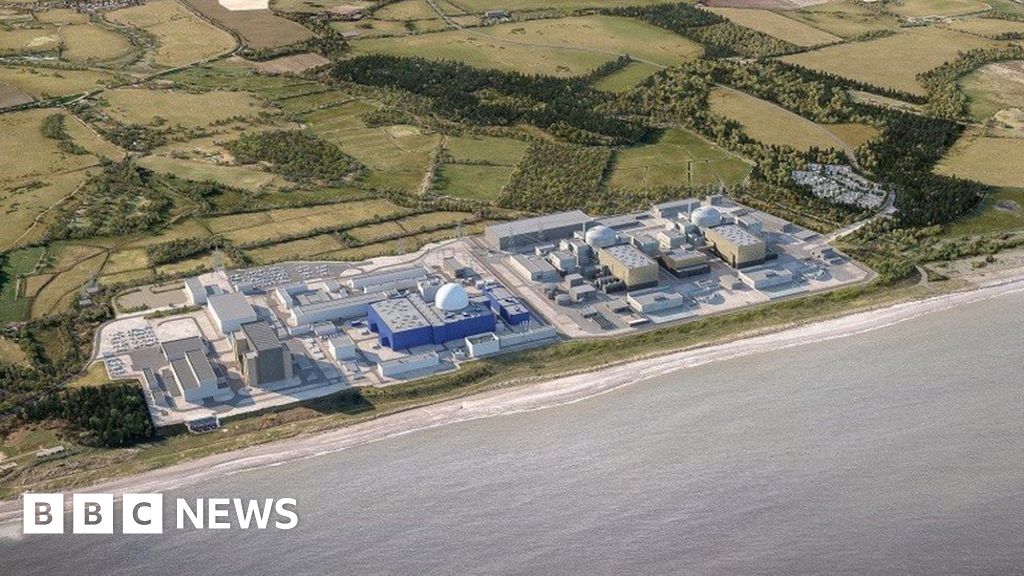ARTICLE AD BOX
 Image source, Co-operative Group
Image source, Co-operative Group
Co-op is trialling reduced lighting in stores as a way of saving money as energy bills continue to soar.
The supermarket is rolling out dimmer lighting in around 500 of its 2,500 convenience stores across the UK.
It's understood the cost saving measures could reduce electricity bills by up to £4,000 a year for a single store.
It follows supermarket chains such as Sainsbury's and Morrisons making similar moves.
Co-op could potentially cut its energy bills by as much as £10m if similar savings were made across all of its stores.
A spokesman for the company said it was trialling the initiative to reduce its environmental impact and help cut costs in the long run.
The company is reviewing how it can become a "more energy efficient business, without compromising safety and still achieving a positive store environment and shopping experience" for customers, the spokesman said.
Co-op is not the first retailer to cut back on the use of lighting in stores.
Sainsbury's lowers lighting when it's bright outside or during less busy hours.
This is part of its long running environmental plans to save energy and meet its goal of being net zero in its operations by 2035.
Last year it finished the roll out of LED lighting right across its supermarkets to cut energy consumption.
It also uses a system that automatically monitors and controls lighting in stores to ensure that its sites are only lit when required.
Morrisons also dims the lights for the first and last hour of trade in most of its stores, as well as its "quiet hour" on a Saturday. The supermarket has done this since the coronavirus pandemic and it helps to reduce their energy bill.
Costs jump
The UK faces "a significant risk" of gas shortages this winter, industry regulator Ofgem said last week, which could have an effect on electricity supplies.
Energy costs, which were already rising, have soared as the conflict in Ukraine reduces the availability of Russian gas.
Prices have also risen because demand for energy has rocketed since Covid restrictions ended.
The National Grid has also announced it will launch a scheme from 1 November which incentivises businesses and households to reduce their electricity use at key times to help reduce pressure on the energy supply this winter.
The company said larger businesses will be paid for reducing demand, for example by shifting their times of energy use or switching to batteries or generators in peak times.

 2 years ago
45
2 years ago
45








 English (US) ·
English (US) ·